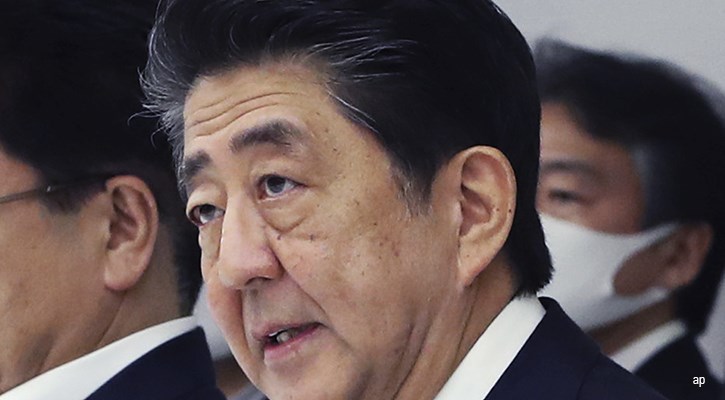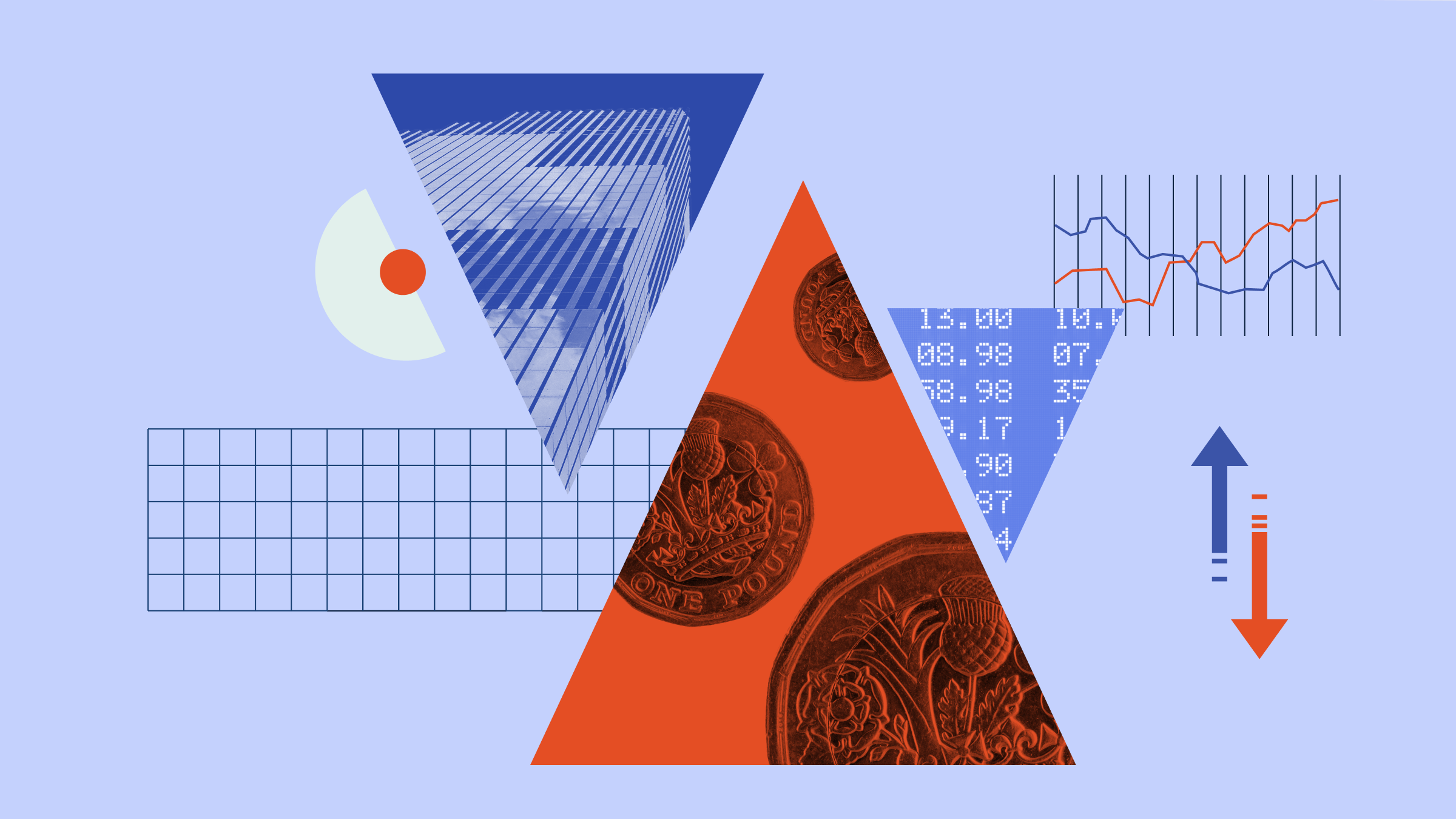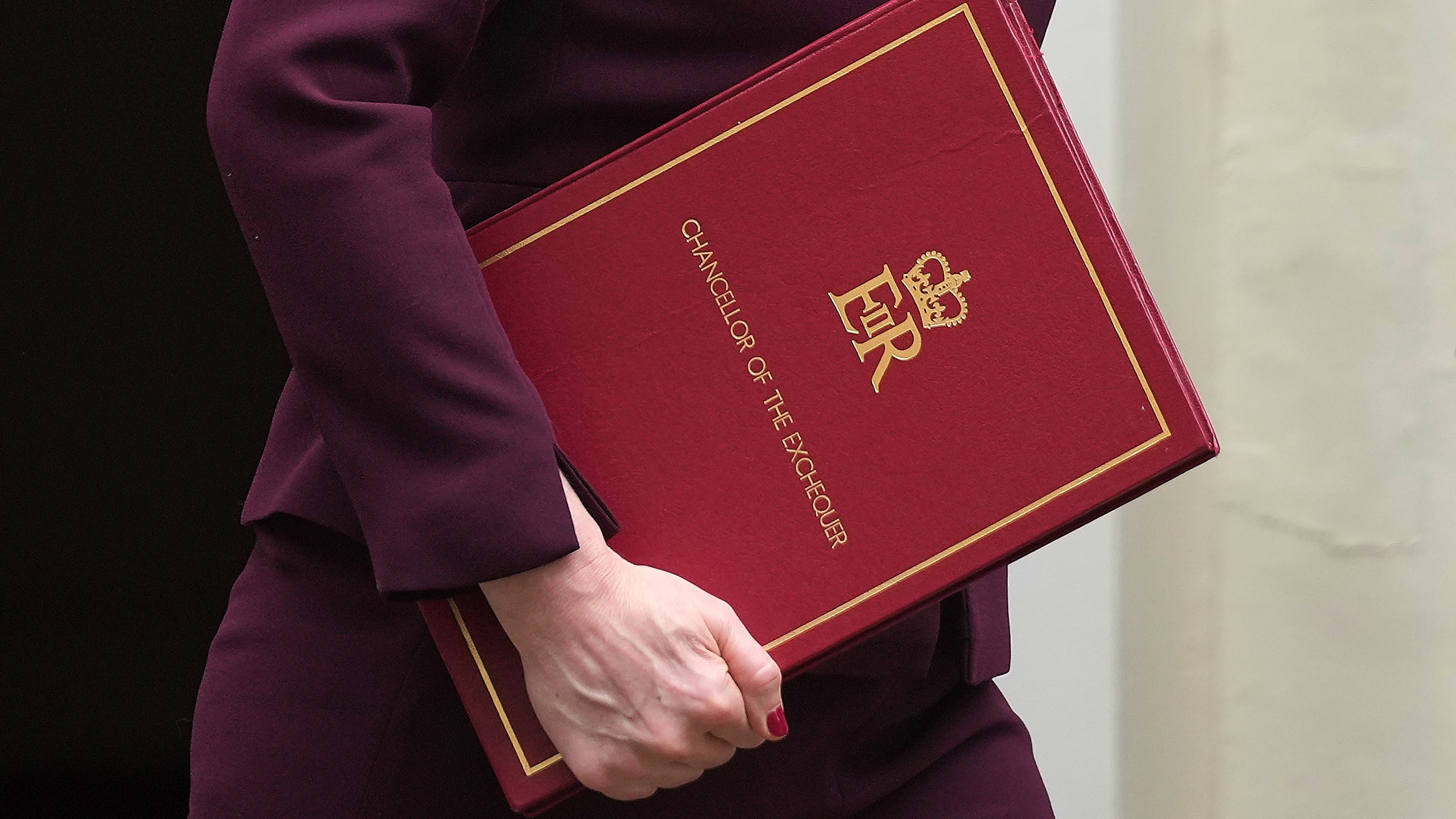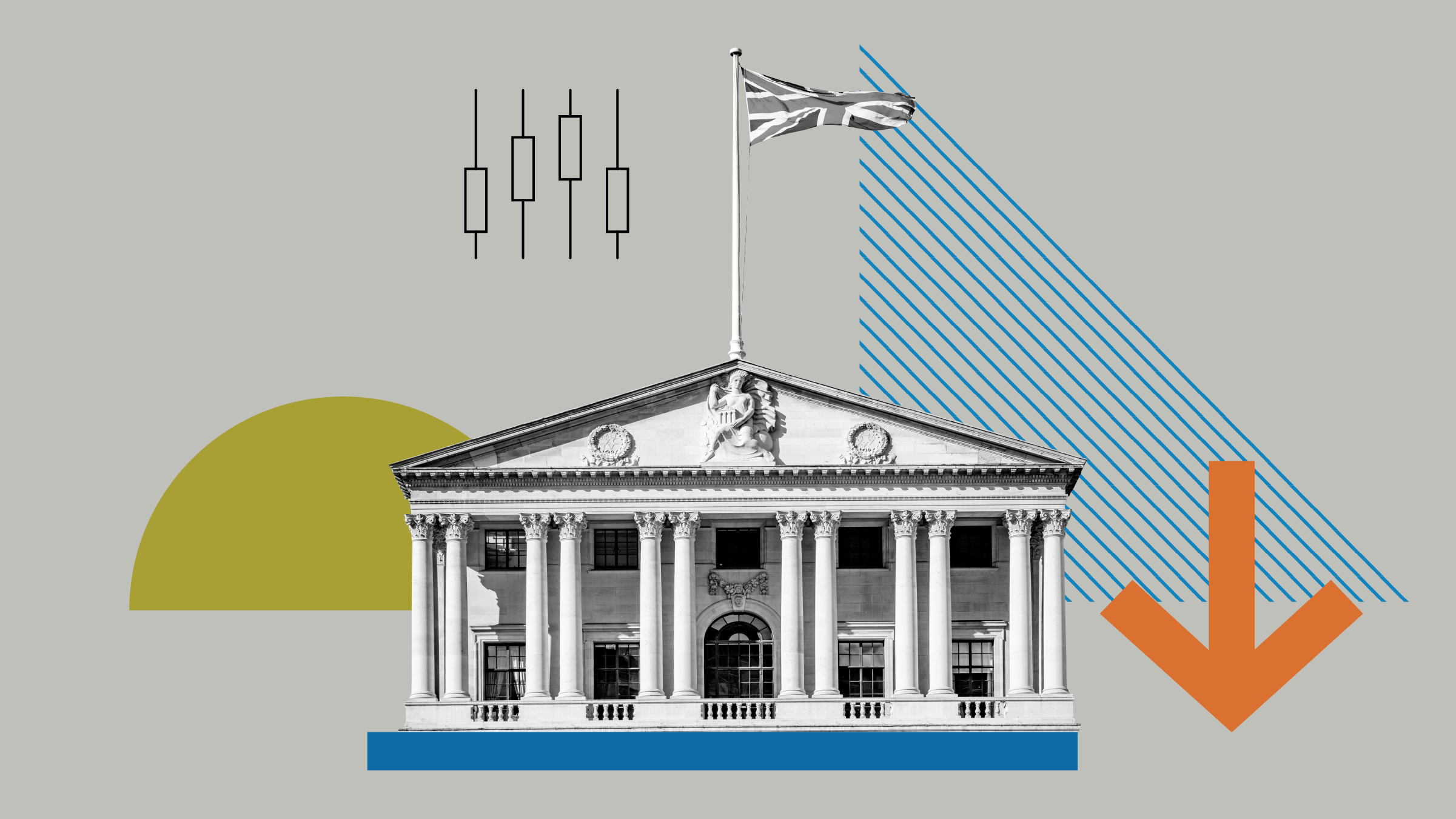
The early retirement of Shinzo Abe, Japan’s longest serving Prime Minister, brings to a close a fruitful period of investors in the country after many years of disappointment. Whether the ambitious economic stimulus program known as “Abenomics” achieved its aims is still up for debate, but the country's Nikkei index has more than doubled since Abe took over at the end of 2012 (for comparison, the FTSE 100 is at the same level as it was eight years ago). The country has come out of the Covid-19 crisis relatively unscathed, but faces ongoing issues with deflation, sluggish economic growth and an ageing population.
Just one Japan fund has a Morningstar Analyst Rating of Gold, an index tracker, the £1.3 billion HSBC Japan Index fund. Analyst Kenneth Lamont says it “is one of the very best trackers in a peer group where passive funds have performed well”. The index fund has posted gains of 8% over 10 years, but is down 2.66% year to date.
Funds for Investing in Japan
Among active funds, T. Rowe Price Japanese Equity Fund has a Morningstar Analyst Rating of Bronze and has posted gains of nearly 10% this year, significantly beating the benchmark Topix index, which is down around 5%. Over three years, the fund has posted annualised gains of 9%.
The fund’s manager, Archibald Ciganer, praises Abe for bringing clarity and stability to investors, adding that the reforms he has implemented are likely to continue under his successor.
Ciganer backs Japanese equities for a number of reasons, not least because the country offers diversification from US equities, which are on a strong run amid the tech gold rush. “Corporate Japan has little to no net debt, and with corporate governance continuing to improve – even as profits have been pressured – Japan provides a very different set of characteristics to US equities,” he says.
Dan Carter, manager of the four-star rated Jupiter Japan Income fund, is more sanguine: “Abe has long since ceased to be the totem of Japanese economic and market renaissance that he once was, so his departure is considerably less troubling than it would have been, say, five years ago.”
Carter expects an orderly succession is likely, and believes investors in Japan should simply expect more of the same. “We believe this announcement is occasion neither to rejoice nor panic.".
Japan Investment Trusts
Several Japanese-focused investment trusts are also highly rated by Morningstar analysts: JPMorgan Japan (JFJ) has a Silver rating, Baillie Gifford Japan (BGFD) a Bronze rating, and small-cap focused Baillie Gifford Shin Nippon (BGS) a five-star rating.
The JPMorgan trust manager, Nicholas Weindling, expects a smooth transition to the new regime with little impact on the equity market in the short term. While he has not made any changes to his portfolio amid the political uncertainty, he is ready to act in the event of stock market volatility: “Should there be a meaningful sell off in the equity market, we would potentially look to increase our exposure in quality businesses.”
In share price terms, the JP Morgan trust is up 20% since the start of the year to 555p and is 234% higher since Abe became prime minister. By comparison, the Topix index has gained 88% higher during Abe’s eight-year reign, and the Nikkei 122%. The JPM trust was upgraded in April this year from Bronze to Silver, and analyst Samuel Lo says Morningstar has confidence in the trust’s manager, team and investment process. “Weindling has delivered strong long-term results over his tenure managing this vehicle,” he says.
Beyond Politics
Despite the political uncertainty and slow economic growth, Japan equities could still surprise this year. We recently wrote about how some of this year's biggest trends, for example technology and medical advances, play to Japan's strengths. The region could be a good bet for income investors too; the global dividend drought appears to have affected Japanese companies less than their European counterparts. According to Janus Henderson's global dividend survey, Japanese payouts fell 4.2% in the second quarter, compared with a hefty 45% fall for European firms. Indeed, some 80% of Japanese companies increased or held their dividends.
Shinzo Abe’s impact on the Japanese economy and politics has been significant, says Adrian Lowcock, head of personal investing at Willis Owen. But investors need to look beyond the current political uncertainty. “Politics is not the only consideration when investing and Japanese companies will continue to offer some investment opportunities for investors," he says. "The key is to use fund managers with extensive experience of investing in Japan, who have a deep understanding of the unique characteristics of the market.”




























